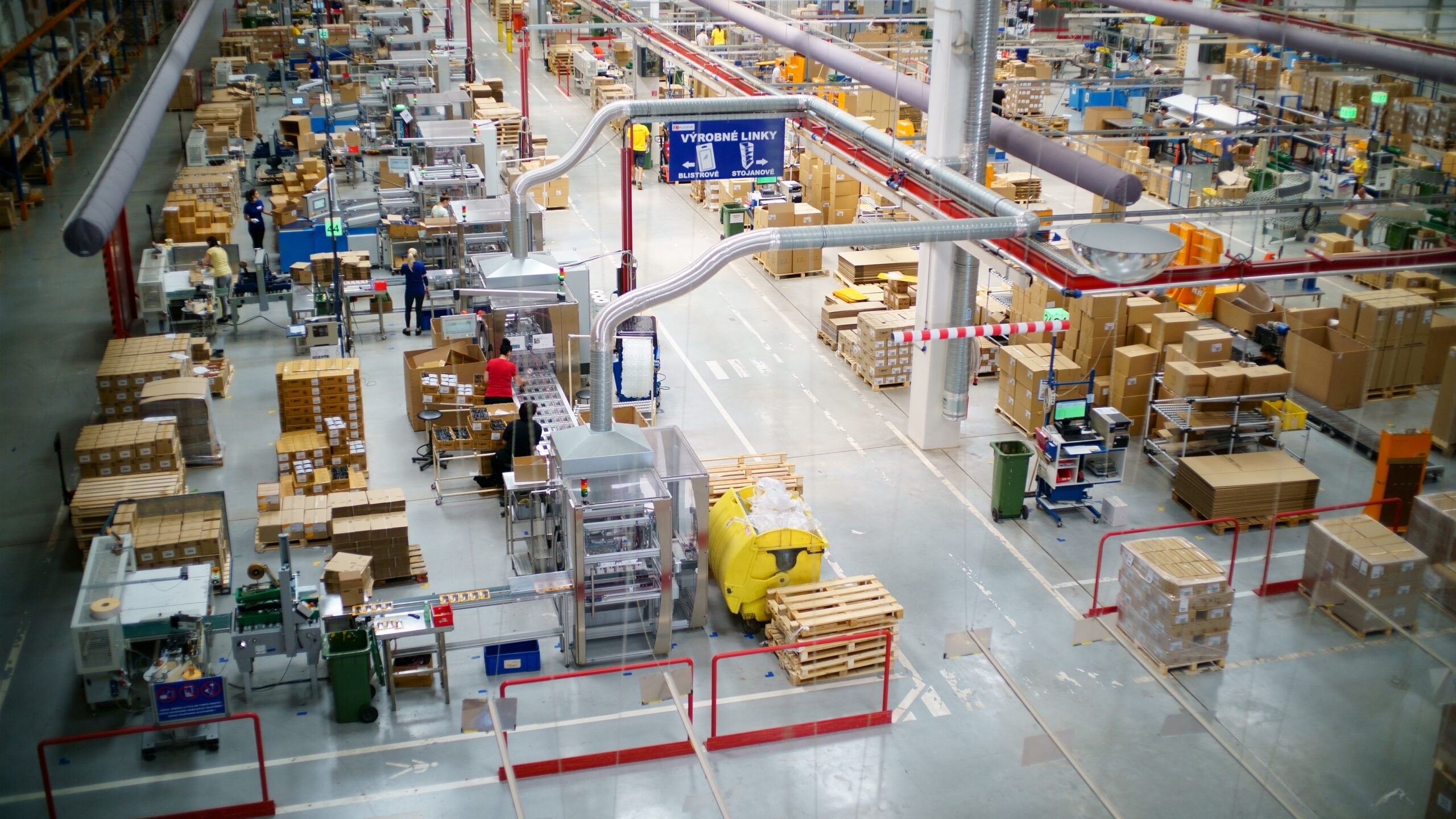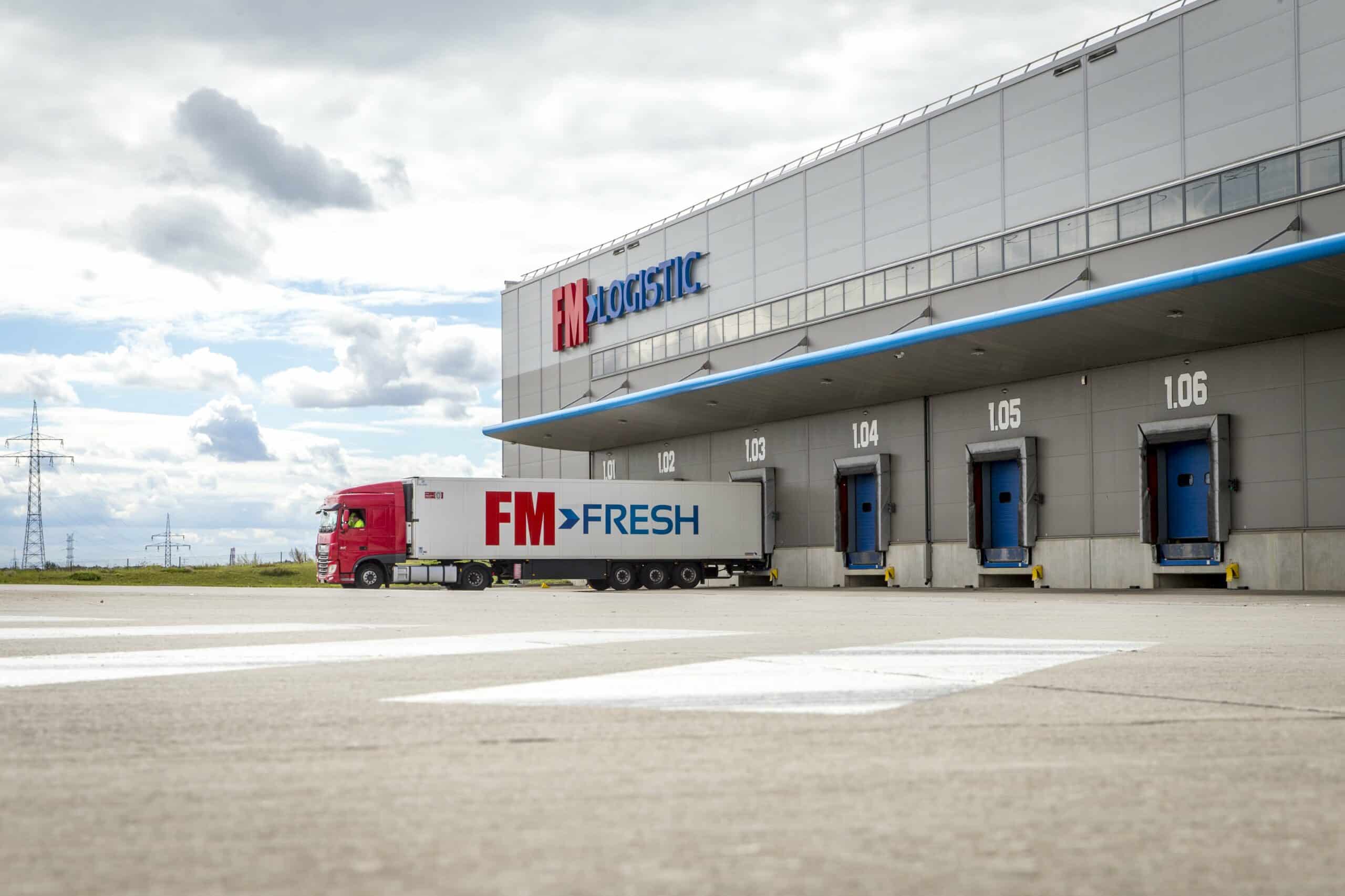Its convenient location at the crossroads of trade routes and well-developed road and rail infrastructure make Hungary an important hub on the transportation map of Europe. Over recent years, the country has also become an important trading partner for Poland. Data from the Polish Ministry of Development and Technology shows that the balance of trade between Poland and Hungary grew steadily, reaching nearly EUR 14 billion in 2022, an increase of 20 per cent compared to 2021. [1] Vibrant trade means more cargo, which in turn boosts the transportation sector across the Central European region.
Polish-Hungarian trade relations gain momentum
The launch of the Polish-Hungarian Chamber of Commerce in Warsaw and Budapest in 2019 has intensified the existing economic cooperation between the two countries. In 2022, Polish exports to Hungary totalled EUR 8,819 million, accounting for 2.57 per cent of our country’s global exports, while exports from Hungary to Poland reached EUR 5,072 million, up from EUR 4,402 million in 2021[2]. Cargo is mainly transported between the two countries via well-developed road infrastructure which, combined with the short distance, makes it possible to efficiently distribute the goods to their destinations.
The balance of trade between Poland and Hungary remains in our favour, which means that more shipments originate from Poland. Especially in the last two years, there has been a large increase in shipping from our territory. The biggest soar was seen between 2022 and 2023 when the number of shipments increased by 15,000. In 2024, by October alone, we have made almost 27,000 deliveries to Hungary. On the other hand, when it comes to Hungary, we have seen year-on-year declines in the number of shipments to Poland. Four years ago, more than 2,000 of them reached our country while last year, the number dropped to 1,800. However, the goods structure of the trade remains stable, with electrical machinery, metallurgy, chemical and agri-food products remaining the most prevailing category. When it comes to shipments originating from our country, most often these include FMCG products, cosmetics, clothing and toys, says Adrian Gradowski, Director of International Transport at FM Logistic Central Europe.
The importance of Hungary for European transport
The importance of Hungary in European trade relations has also increased in recent years. The Hungarian economy is one of the most open in the world,[3] with exports accounting for 85 per cent of the country’s GDP. According to the Polish Investment and Trade Agency, Hungarian GDP grew by 5.9 per cent between 2019 and 2022, with current data showing that it is around USD 182 billion. This ranks Hungary as the 55th largest economy globally and 17th in the European Union. Thus, Hungarians account for 1 per cent of its overall GDP.
In 2024, the growing importance of Hungary in the European market was also boosted by the European Commission’s decision to include the country in the Baltic–Adriatic Corridor. Undoubtedly, this was largely due to its geographic location at the crossroads of the North-South and East-West transportation routes. No less important, however, is its very well-developed rail and road system, which makes transportation very efficient.
Hungary plays a major role not only in terms of economic exchange with Poland but also in terms of transportation in the entire Central European region. It is an important hub on the North-South routes as well as a bridge on the Europe-Asia line. The country also serves as an important point in FM Logistic’s Central European route network. In recent years, hauliers have been hit by the high and complicated Hungarian tolls, which increased in 2023. However, the importance of Hungary for trade will grow and the increasing number of orders should offset the higher costs, adds FM Logistic’s Adrian Gradowski.
As expected by the European Commission, Hungary’s GDP grew by 0.5 per cent in 2023. Forecasts for 2024 expect growth of 2.5 per cent, showing that the country’s economic potential is still strong and thus the good trade relations maintained with it by Poland can also positively affect our turnover.
[2] Ministry of Development and Technology: News bulletin on the economic situation and relations with Poland
[3] Polish Investment and Trade Agency – Foreign Markets



